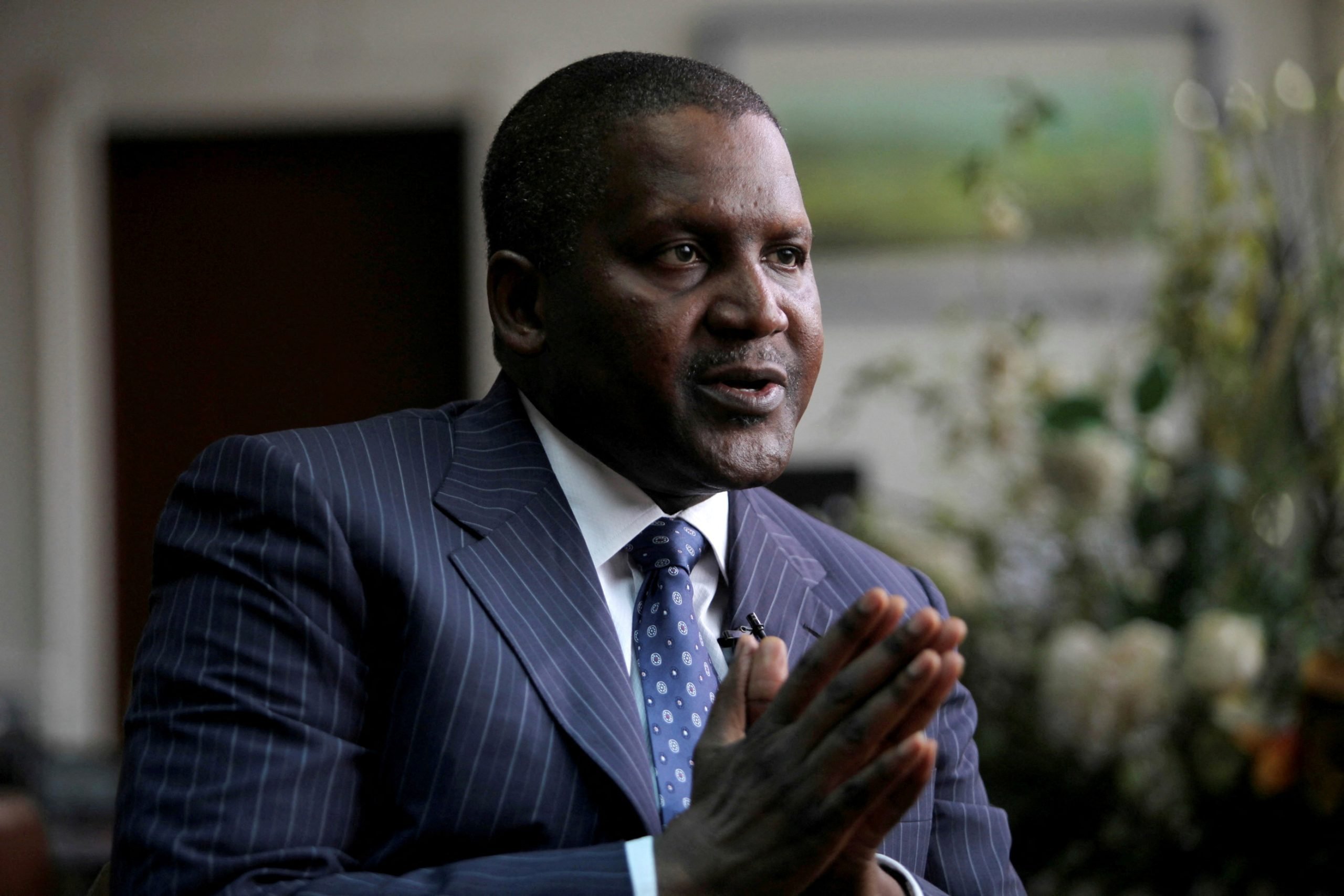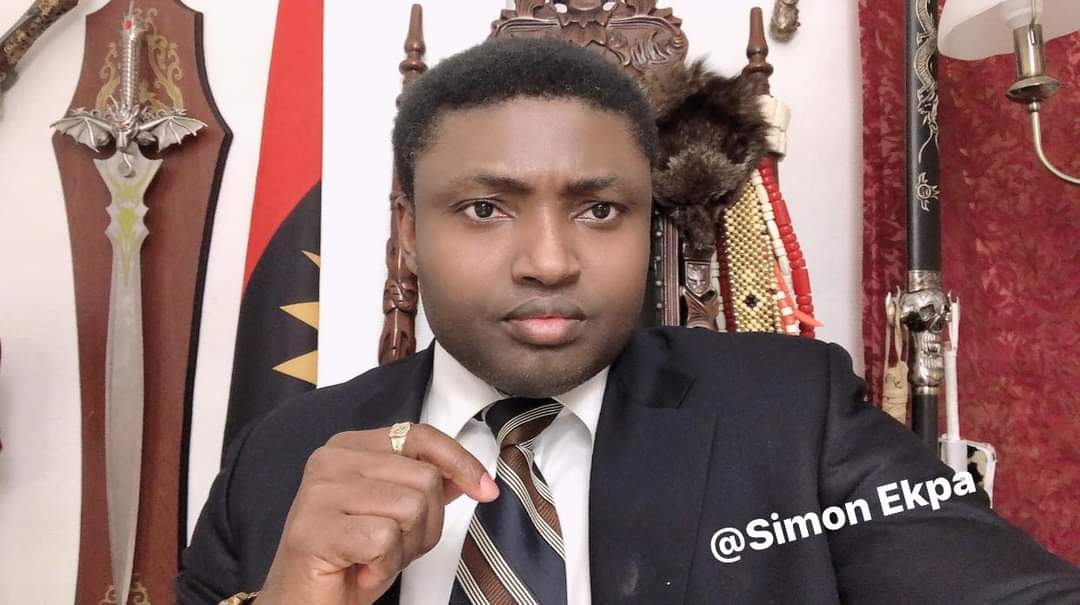Forgive me if you think you read the statement by Saul Bellow before. You are perfectly correct. It appeared last week; when I was still under the impression that the takeover of three or four banks was a decision to be made months from now after exhaustive analysis of the report of the Special Investigator and legal advice by the Attorney General of the Federation, AGF. Latest rumours reaching us indicate that the decision might have been made, without giving those accused a chance to defend themselves in any court of law. That by itself should give all well meaning Nigerians great concerns about the nation’s gradual slide into dictatorship. It is one of the fundamental principles in a democracy that nobody should be punished based on allegations alone – irrespective of who makes the allegations and how grievous they might be.
Mr Obazee, the Special Investigator, has placed before the public several charges against Godwin Emefiele and some bankers. I have no reason to accept or dismiss those accusations. It is not even my duty as a media commentator. However, like most of my colleagues privileged to act as public watch dogs, it is my duty to try and ensure that justice is done to all concerned – the country, the stakeholders in the bank, the depositors and the staff. Right now, the imminent rush to judgment, based on Obazee’s Report violates the basic principle of justice – let the other side be heard. We have not heard from Mr Tunde Lemo and others. That they failed or even refused to appear before the investigative team might be a necessary reason to suspect that they might stand on shaky grounds legally. But, it is not a sufficient condition to assume guilt on all the charges levelled against them. There is a reason for holding this position.
Invasion of Dangote And BUA Offices By EFCC.
“Are you going to hang him anyhow and try him afterward?”
Mark Twain, 1835-1910.
The invasions of the offices of the Dangote Group of Companies, BUA International and the attempt to rush the bankers into submitting voluminous documents within a few days strikes me like the methods adopted by a lynch mob.
Permit me to explain myself before the reader thinks that I have been settled by one or all the accused individuals.
I was part of Top Management in a joint venture between the Federal Government and private investors in the 1970s to 1980s. I was employed about eleven years after the agreements were signed; worked for two years before the Buhari military administration took over in 1983/4.
A request came four months after the change of government for Management to produce audited accounts for the last ten years.
As Marketing Manager, I was specifically requested to provide the sales and revenue records for the ten years and report to Lagos in two weeks.
On the face of it, nothing could be simpler. In reality, we were given orders which could not be obeyed – given the time allotted.
The company, like most, as a matter of policy, kept records in Active Archive for five years – after which they are sent to Old Archive.
Unfortunately, the Old Archive was not always in good condition and it could take weeks to obtain documents seven years old. I went with four years documents, which were all that I could get in two weeks; and was promptly detained for not cooperating with the probe panel.
Without going further about our sad experience, the reader can understand what I am driving at regarding the ongoing investigations by Obazee and the EFCC into the affairs of the companies and banks.
I am merely insisting that no large and complex organisation can produce ten years documents in six months – not to talk of a few weeks.
By setting a date impossible to meet, the investigators have inadvertently or deliberately created the situations in which we find ourselves.
Irrespective of whether they acted out of ignorance or malice, they need to be told that they might end up creating the worst economic chaos in Nigerian history.
Taking an axe to the tap root of your economy in a hasty attempt to reach pre-determined goals will turn out to be counter-productive and dangerous.
Again, an explanation is needed – borrowing from other lands.
Price Fixing In The USA
By the mid-1940s, when the US Congress (NASS) discovered that some of America’s largest companies, in the same sectors, were colluding to fix prices and defeat the aims of competition, one of the options government had was to bring down the sledge hammer and close those firms.
But, there was a huge unemployment problem and the culprits were major employers – as well as the largest companies on the Stock Exchange.
The FBI was not sent to embarrass the Presidents of the firms; neither were they threatened with takeover or closure.
Realising that every nation needed its talented entrepreneurs to create the jobs which make governance easier, they treated them with well-deserved respect.
It is not easy to amass $1 billion; and after raking it together, to risk a big chunk of it in a risky environment like the Nigerian economy.
It requires a great deal of guts and patriotism for Dangote, Rabiu and others now under the gun to have grown the businesses which directly and indirectly provide means of livelihood for millions of fellow citizens. That is the major reason for which we must bend over backwards to give them the benefit of doubt on this matter.
Pull Them Down Has No Place Here
“You will find envy wherever there’s good fortune. There are always people who will envy you if you are happy.” Aleksandr Solzhenitsyn,
Great wealth, however acquired, has been the greatest cause of pervasive envy among people.
It underlies all attempts to bring down the fortunate – even by people they make immensely rich. No opportunity is lost to cut them down to size. Some of this might be involved here.
But, with banking in disarray on account of allegations against the former Governor of Central Bank of Nigeria, CBN, and three banks, taking aim, until evidence beyond reasonable doubt is produced, at two or more of the nation’s manufacturers, might turn out to be cutting our noses in order to spite somebody else’s face.
As it is, Nigeria’s manufacturing sector will face its greatest challenge, since 1984, in 2024. Scarcity of everything, hope included, already threatens millions of jobs. More than ever, we need Dangote, Rabiu and other producers who might be among those asked to bring, within weeks, documents which were buried under piles of rubbish years ago.
EFCC must give them more time to produce the documents they asked for – or Nigeria will suffer the consequences.
Incidentally, in our own case, after negotiating for more time to produce the documents, those of us in office were faced with evidence of actions taken under different laws, as well as policies of the company.
In my own case, as Marketing Manager, I was asked to explain why over two million naira, almost N20bn now, outstanding payments arose eight years ago when the company was new and needed customers. Payment in advance became policy in my tenure when our brand became a market leader.
The man who gave credits was dead. It took six trips and lots of explanations – plus legal fees – before the matter was dropped.







2 Comments